There are no items in your cart
Add More
Add More
| Item Details | Price | ||
|---|---|---|---|
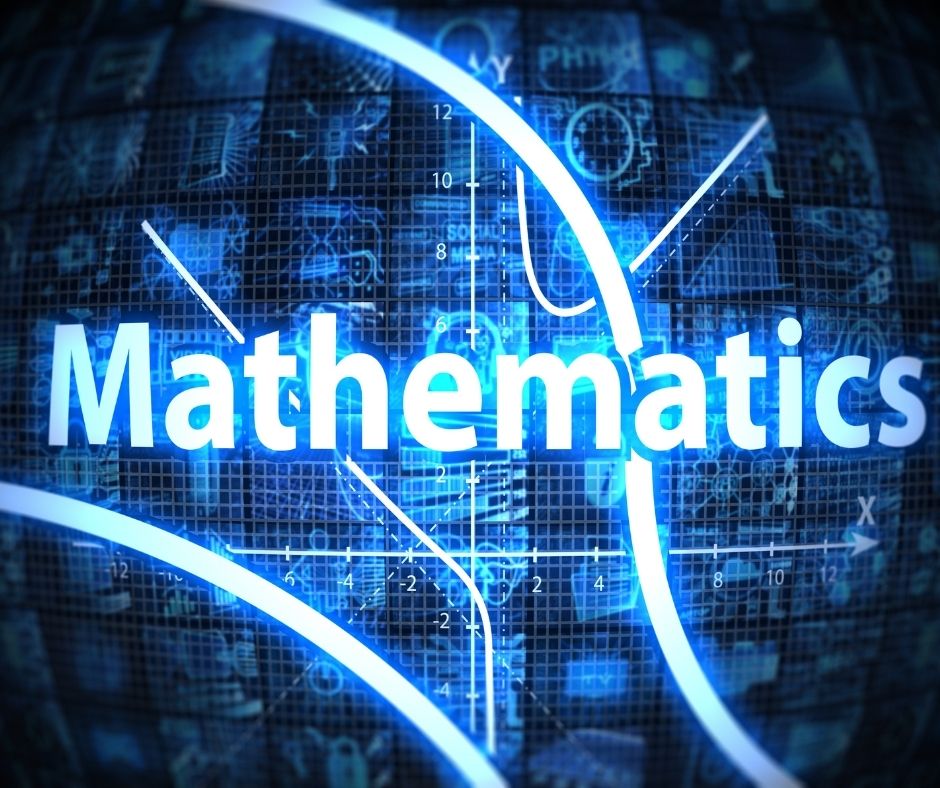
"DeepMind's AI is just the tip of the iceberg. Get ready for an explosion of scientific discoveries powered by chatbots."
Mon Dec 25, 2023
"Math problems tremble, prepare to be unraveled: the AI revolution is knocking on the door of the unknown."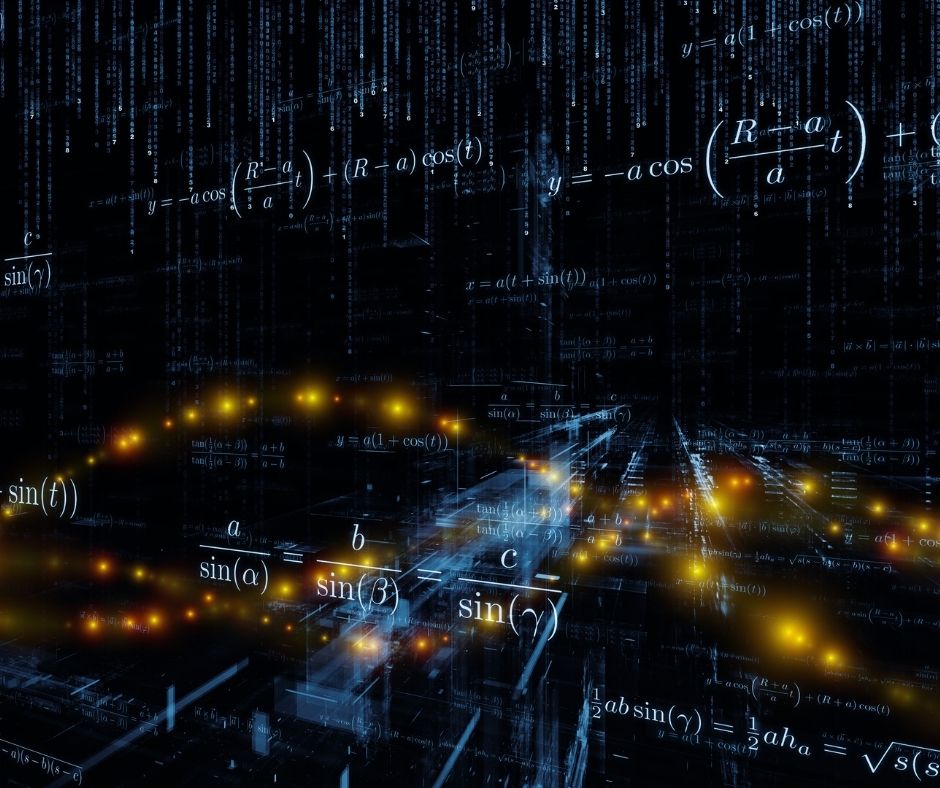
Imagine a world where chatbots, those virtual conversationalists we often encounter online, don't just answer your questions but unravel the mysteries of the universe. Well, buckle up, because that future might be closer than you think.
DeepMind, the AI powerhouse behind AlphaGo and AlphaFold, has developed a new system that harnesses the creative potential of chatbots to solve complex mathematical problems - while simultaneously weeding out errors with a built-in fact-checker. This groundbreaking technology, dubbed FunSearch, could revolutionize fields like mathematics, physics, and computer science.
Here's how it works:

The results are impressive:
This is a game-changer for mathematical research:
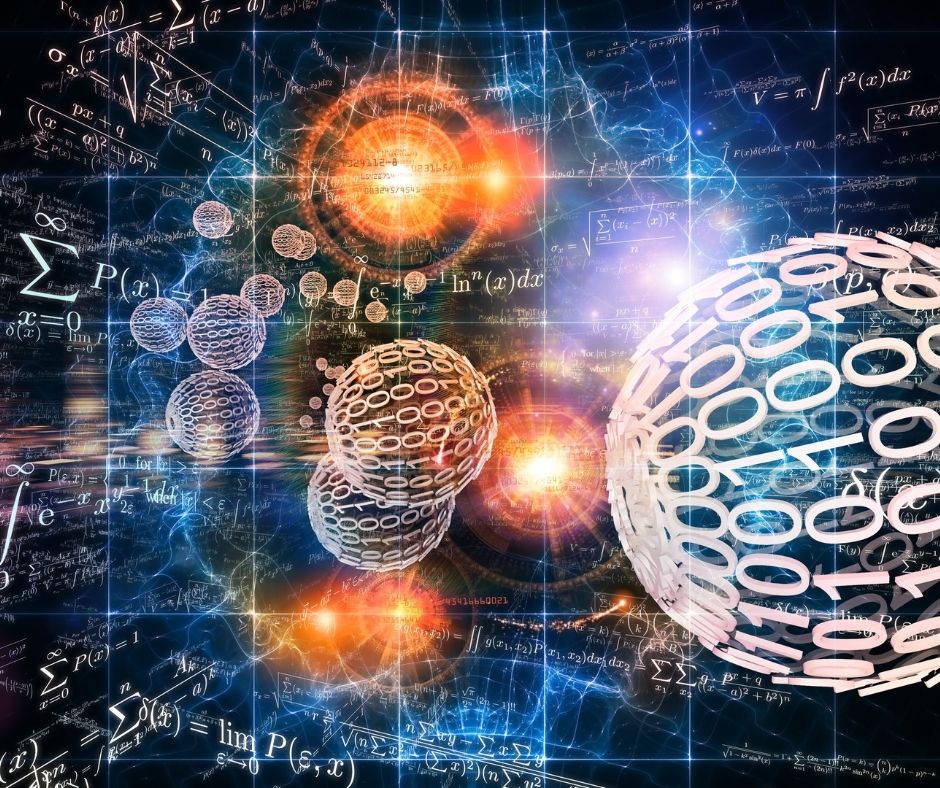
Beyond the numbers:
The future is full of possibilities:
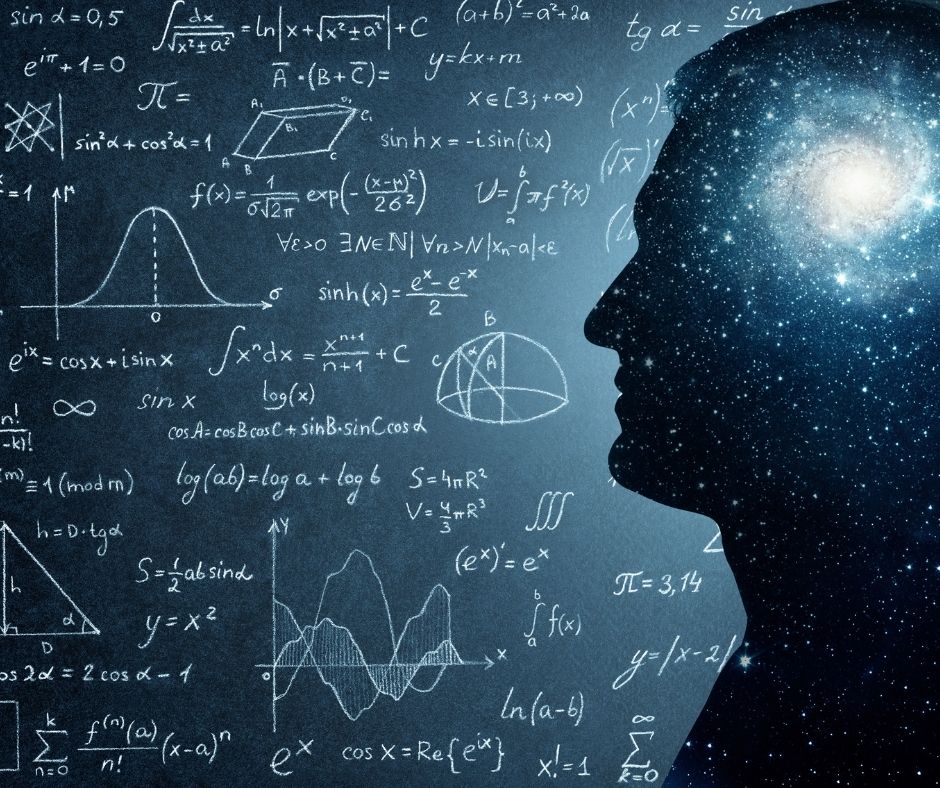
So, next time you chat with a chatbot, remember – you might be talking to a future mathematical genius in the making!
Stay tuned for updates on this exciting development and let us know in the comments below your thoughts on the potential of AI in scientific research.
Additionally, here are some resources you might find interesting: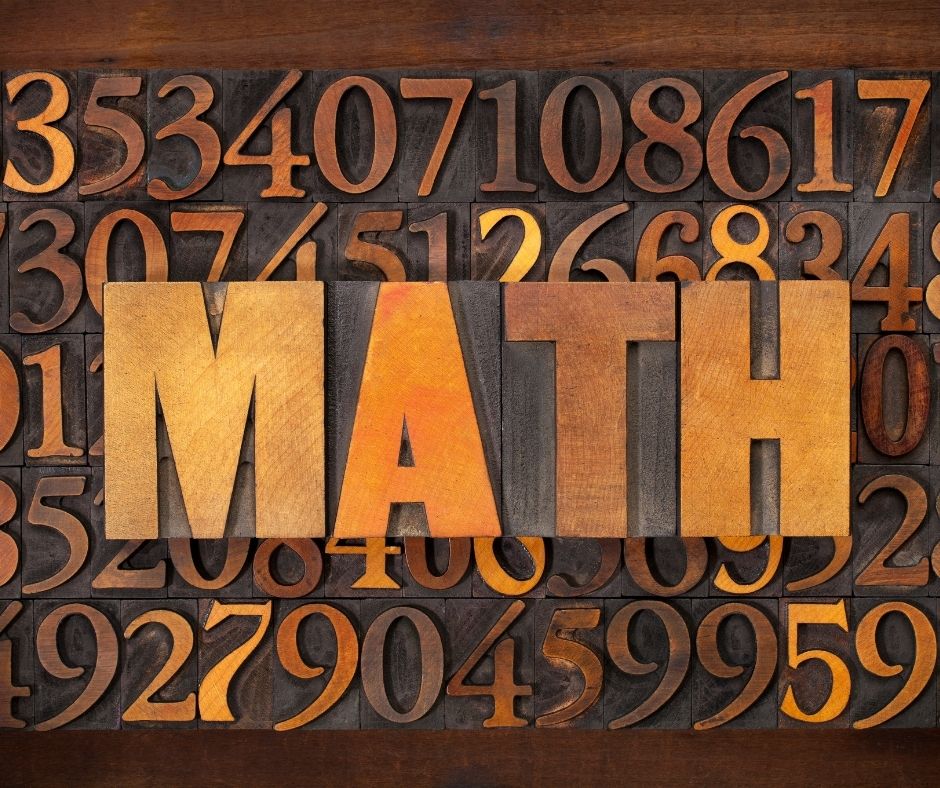
Let's keep the conversation going about AI and its role in shaping the future of science!

{{Sameer Kumar}}
I graduated from IIT Kharagpur and have been teaching Physics and Maths to Engineering (IIT-JEE) and Medical (NEET) entrance examination aspirants for the last six year